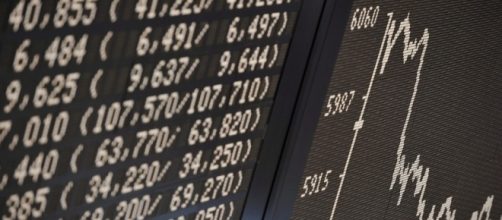Hedge funds are responsible for a huge amountof the money in the world. The largest funds have more than 1 billion dollars in assets under management and have the power to increase that value through trades. These hedge funds charge fees for these assets under management that usually total no more than 2%. When the hedge fund beats a benchmark, such as the S+P 500, it charges a performance fee of approximately 20% on the gains. To do this, hedge funds often utilize dark pools to make trades rather than traditional markets.
What is a Dark Pool?
A dark pool is a private exchange in which investors may trade securities.
Most of thetrades are executed by large financial institutions which wish to hide their activities from the public market. Trading through these pools enables these companies to evade public disclosure, keeping the public in the "dark" about which trades are going through. These trades are purely confidential and cannot be seen by any normal investor.
Advantages
When a company wants to buy or sell a large block of securities, a dark pool is the perfect venue in which to do it. Because the trade will be executed in one of these pools, neither the size or identity of the trader comes about until the trade is filled. When a price is agreed upon in the dark pool between a buyer and seller, the account is transacted.
Another advantage comes in the form of liquidity. Dark pools are surprisingly more liquid than traditional markets, which means that buying and selling securities is easier there. For this reason, hedge funds tend to use this toolto trade on behalf of clients more than 50% of the time.
Controversies
Dark pools are subject to far lessregulation than traditional markets, which has resulted in some controversy about the subject. Michael Lewis' book 'Flash Boys,' in particular, points to some of the problems with the dark pools. In the book, Michael Lewis detailed how some high frequency electronic traders rigged the market to profit off customers. Banks were giving these high frequency traders more access to information so that they would increase liquidity and trade more in the dark pools.
The problems with the hidden tradescontinued when Credit Suisse and Barclays were fined 150 million dollars for a lack of proper monitoring within their own dark pools. Some of the trades allowed included sub zero penny trades, which are illegal in today's marketplace.
Why continue to use Dark Pools?
With all the controversy surrounding dark pools in recent years, you would expect them to die out. Instead, dark pools have grown substantially and are now one of the most popular tools in the financial sector. The fines levied on these banks do not outweigh the profits that these banks can make on a liquid, less regulated dark pool. Until there is additional regulation, expect dark pools to continue to flourish.

